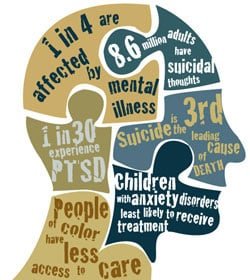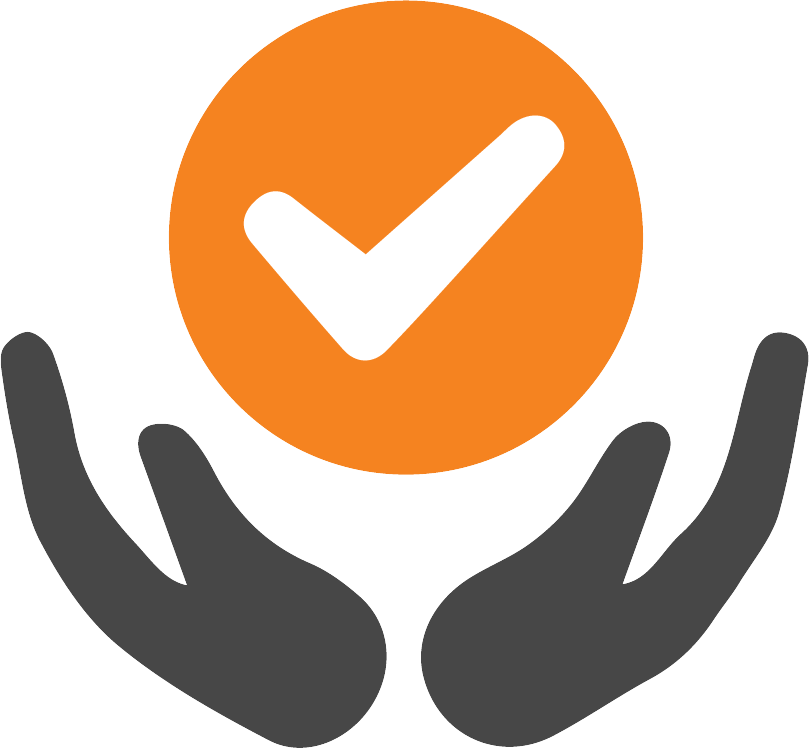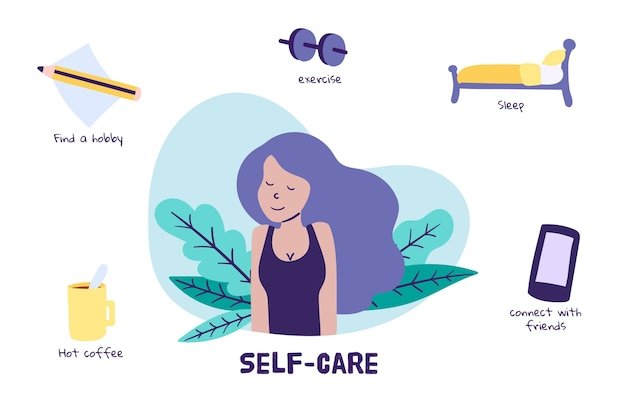Examining the Current State of Mental Health Illness in India: Gender and Age Group Perspectives
Deep Thinking | 698 Visits

Mental health has emerged as a critical concern globally, and India is no exception. With its vast population and unique socio-cultural dynamics, the country faces numerous challenges in addressing mental health issues. This article aims to shed light on the current situation of mental health illnesses in India, focusing on various gender and age groups. Recent data and reports will be cited to provide a comprehensive understanding of the issue.
Mental Health Illnesses in India:
1. Gender Perspective:
a) Women: Women in India face distinct mental health challenges due to cultural, social, and economic factors. According to a study published in The Lancet Psychiatry, the prevalence of depression among women in India is around 4.5%. The National Mental Health Survey (2016) revealed that women are more likely to experience anxiety disorders, post-traumatic stress disorder (PTSD), and eating disorders.
b) Men: Men in India often face pressure to conform to traditional notions of masculinity, which can impact their mental well-being. Suicide rates among men are high, with the National Crime Records Bureau reporting that 15 men die by suicide every hour. Additionally, alcohol and substance abuse further contribute to mental health issues among men.
c) LGBTQ+ Individuals: The mental health challenges faced by the LGBTQ+ community in India are considerable. Discrimination, social stigma, and lack of acceptance can lead to higher rates of anxiety, depression, and suicidal ideation. A study conducted by the World Bank estimates that LGBTQ+ individuals in India are 1.5 times more likely to experience mental health disorders.
2. Age Group Perspective:
a) Children and Adolescents: The mental health concerns among children and adolescents in India have been rising. The National Mental Health Survey indicates that around 7.3% of individuals aged 13-17 experience mental health disorders. Academic pressure, bullying, and peer pressure are key contributing factors. The COVID-19 pandemic has exacerbated these issues, leading to heightened levels of stress and anxiety.
b) Adults: Adults in India face a wide range of mental health challenges, including depression, anxiety, and work-related stress. A study conducted by the Indian Journal of Psychiatry found that approximately 14.3% of the adult population suffers from a diagnosable mental health disorder. Economic pressures, relationship issues, and urbanization are factors that contribute to the burden.
c) Elderly: India's elderly population is vulnerable to mental health illnesses, primarily due to isolation, chronic illnesses, and limited access to mental healthcare. Depression and dementia are prevalent among this age group. The National Institute of Mental Health and Neurosciences (NIMHANS) estimates that 15% of elderly individuals in India suffer from mental health issues.
The Commitment of Glexpace:
In addressing the urgent need for improved mental health support in India, Glexpace is committed to making a positive impact. Through a multi-pronged approach, Glexpace aims to raise awareness, reduce stigma, and enhance accessibility to mental health services. This includes developing online platforms for mental health support, collaborating with local organizations and professionals, and implementing initiatives to educate communities about mental health and well-being. By leveraging technology and fostering partnerships, Glexpace strives to create a more inclusive and supportive environment for individuals struggling with mental health issues across India.
The current state of mental health illness in India demands urgent attention and concerted efforts from various stakeholders. It is crucial to recognize the unique challenges faced by different gender and age groups to ensure targeted interventions. By acknowledging the complex factors influencing mental health and collaborating with organizations like Glexpace, India can work towards a more inclusive and supportive society that prioritizes mental well-being.
Thanks for reading!
If you enjoyed please leave a like, join discussion in the comments and share it
with your friends!
Pratyusha941760's Recent Articles







